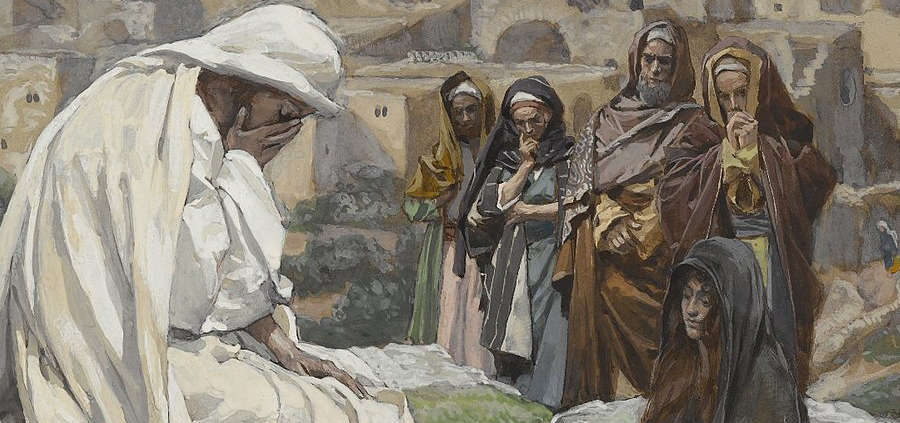The Church Will Always Have My Heart, But It Can No Longer Have My Money by Colleen Shaddox
It was difficult to tell my pastor that I would stop contributing financially to my parish, a decision I’d lost sleep over. But I am doing it because I love the church from the bottom of my forever Catholic heart. In grammar school catechism, I learned that the church is not a building. The church is the mystical body of Christ, comprised of all of believers. We are united, Catholics around the world, in faith that Jesus gave his body for us and so we must live for others. That miracle informs my life and is the reason why I remain Catholic, despite the institutional church’s many, many failings.
I worship in the Diocese of Norwich, Connecticut, which filed for bankruptcy to shield its assets from claimants sexually abused by priests. According to a database maintained at the University of Pennsylvania Law School, 31 dioceses and other Roman Catholic organizations have filed Chapter 11. To make a good confession you must take responsibility for your sin. The Catholic Church, not the mystical body of Christ but the institution, has failed to make a good confession about child sexual abuse. My diocese has spent more than $1 million on lawyers to stand between survivors and a just settlement and another six figures on public relations firms working in vain to make the whole outrage seem less evil than it is. I cannot support that.
This week, it became public that the diocese was offering some sexual abuse survivors as little as $2,500 in compensation. There is obviously no correct amount to offer because money cannot make people whole. But such a paltry amount is an insult to people who were violated by priests. It is sin compounding sin.
The diocese asked all its 51 parishes, which are legally independent nonprofits, to join in seeking bankruptcy protection. The first step was to pony up $5,000 apiece for legal fees. Though I had long ago stopped giving money to the diocese, I hesitated to withhold support from my own parish, which is the only one in the area holding services in Spanish and so welcomes a large immigrant community. Actually, we welcome everyone. There’s a note in the bulletin saying that things like sexual orientation and marital status will not prevent you from being loved at St. Francis. This is a good place. But it is being dragged down, as is our whole church, by a leadership that places more value on real estate than on human beings.
Weighing my decision, I called a friend who is an activist survivor, abused as a little girl by her priest. She told me that many survivors need mental health or substance abuse care because of their childhood trauma. Many are in dire financial straits as a result of the heavy crosses they carry through life. Clearly, I could not pay for lawyers working to minimize the amount of money victims received.
If we have to sell every church building in the diocese to finance compensation and then resort to celebrating Mass in parking lots, so be it. That would be a beautiful sign of our collective repentance. The faithful are told that the church needs lawyers to protect our parishes—the physical buildings, that is—from being lost. There’s an old tradition of visiting different churches on Holy Thursday. My Aunt Mae used to take me all around to see the beautiful stained-glass windows and magnificently carved altars. But what I loved most, always, was the lamp by the tabernacle which announced Christ’s presence in the Eucharist. That presence does not require a building. The apostles did not build brick and mortar churches. They built communities. In protecting assets over people, today’s bishops destroy communities.
My activist friend, Beth, invited me to stand with survivors as they protested outside the diocesan cathedral. I arrived early and went inside St. Patrick’s to pray. Mass was about to start, and I longed to stay. But that day the best way to bear witness to my faith was by carrying a sign up and down the sidewalk.
Jesus said, “Where your treasure is, there your heart will be also.” Instead of supporting a cynical legal campaign to further harm victims, I’ll be donating the money that I used to give to my church to a nonprofit that helps survivors. (I do still support the parish food pantry financially, but not the general fund.)
In our house and our church as I was growing up, priests were always treated like royalty. We stood when they entered a room. The automatic response to anything they said was, “Yes, Father.” That culture of deference enabled the rape of many children. If we love those wounded sisters and brothers and if we want to preserve what’s good in our church, we must start saying “No.” We don’t put things up for a vote in Catholic parishes, but that does not mean that laypeople are powerless. We pay the bills. For decades, I helped finance the church’s efforts to evade responsibility and disregard the needs of victims—every time I dropped an envelope in the basket. Now I am desisting from that particular sin. I encourage my siblings in Christ to consider doing the same. ♦
Colleen Shaddox is a writer who lives in Connecticut.





Leave a Reply
Want to join the discussion?Feel free to contribute!